Exploring what makes us most human.

San Carlos ApacheAkimel O’odham artist Douglas Miles paints large artwork in Coor Hall fourthfloor lobby.



San Carlos ApacheAkimel O’odham artist Douglas Miles paints large artwork in Coor Hall fourthfloor lobby.


This past fall, I stood in Coor Hall and watched as San Carlos Apache-Akimel O’odham multi-media artist Douglas Miles put the finishing touches on a 16-foot mural celebrating Arizona’s Native peoples. The final step was painting the eyes on its three faces. Suddenly the mural came alive, lighting up the entrance to the School of Historical, Philosophical and Religious Studies (SHPRS).
SHPRS’s first-ever Distinguished Artist-in-Residence, Miles is a world-renowned muralist, filmmaker and photographer. His work has been exhibited widely, including by the Phoenix Art Museum, the Museum of Northern Arizona, the Santa Cruz Museum of Art and History, the Museum of Contemporary Native Art in Santa Fe and the Heard Museum, and collected by numerous institutions, including the Smithsonian National Museum of the American Indian.
Over the course of the past year, SHPRS has worked hard to expand our mission in support of the common good. Already a vibrant community of academic inquiry and discovery, we sought out new opportunities to serve exponentially broader audiences, multiplying the points of contact at which our educational purpose engages diverse publics in Arizona and beyond.
In the fall, SHPRS took a leading role in ASU’s inaugural Humanities Week, an action-packed week of activities highlighting innovative, communityfocused work by faculty and students. Humanities Week afforded us opportunities not only to engage with new communities but also to learn from them.
The humanities is a broad category that includes the study of history, philosophy and religion – disciplines that recognize the important contributions that human beings make to the world we both study and inhabit. These disciplines have a twofold focus – the world that stands apart from us and our shared contributions to its meaning.
This understanding of what the humanities are helps to explain why the humanities are important: we help to create the world that creates us. The humanities bring into focus a world both familiar and strange – a world of which we are already a part, and for which we are obliged to take responsibility.
In the spring, SHPRS hosted Genocide Awareness Week, bringing together dozens of world-renowned speakers and thousands of participants to share powerful stories, memories, artwork and new scholarship with the aim of learning from the past to prevent its repetition. We also helped organize ASU’s 2022 Democracy and Climate Change Conference, a college-wide event headlined by former Vice President Al Gore.
As humans studying the human world, we are always participant-observers. We can’t avoid bringing our embodied selves to our scholarship and teaching, and we are seldom left unchanged by these encounters with the world and with other people.
Art is an important part of this. Art is pedagogical: it teaches. It says something about what, and whom, we value. Ours is a time in which we need new monuments, works of public art that speak to our history and help us imagine our world differently.
It is often said that art is a process, not just the finished product. But it’s rare to get to witness that process firsthand. We were honored that Miles and his team spent time with us, painting and discussing the ideas behind his art. During that time we watched his artistic process unfold, beginning with a sketch and leading to an enduring work of art, “Hold On To the Land,” that has completely transformed the space in which we work.
I invite you to visit us and see the new mural, and to take part in some of SHPRS’s many community activities, including this year’s Humanities Week in October and Genocide Awareness week in April. Like us, you won’t be unchanged.
Richard Amesbury Director School of Historical, Philosophical and Religious Studies Arizona State UniversityThe School of Historical, Philosophical and Religious Studies produces innovative and distinguished research on subjects such as morality, rationality and ethics; race, citizenship and immigration; and the role of religion in public life. SHPRS faculty educate thousands of students every year and share knowledge with millions of people beyond the university through accessible media. SHPRS enables students and the public to make sense of complex issues that are of critical importance to Arizona, the United States and the world.

total students 1,520 undergraduate students 521 graduate students 32,413 total students taught
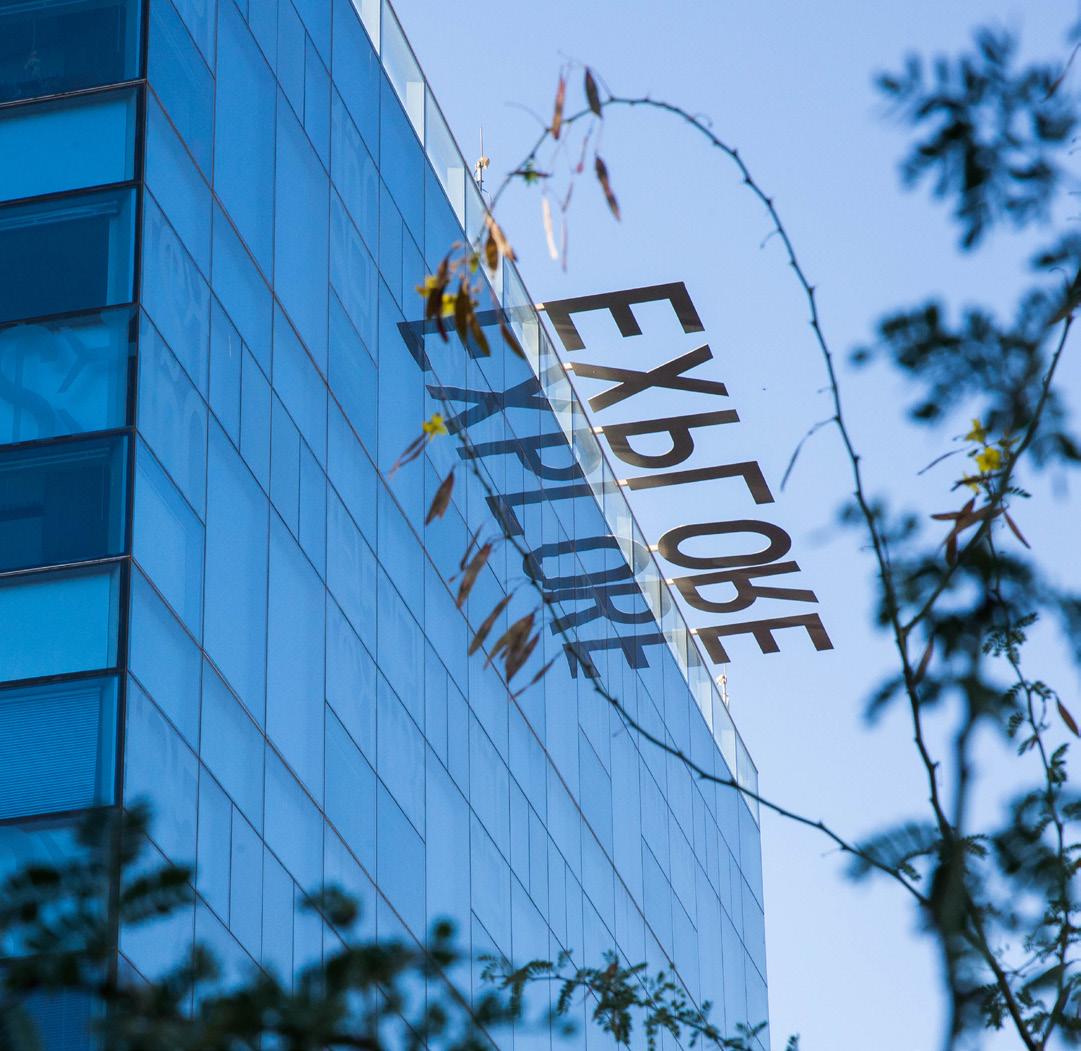
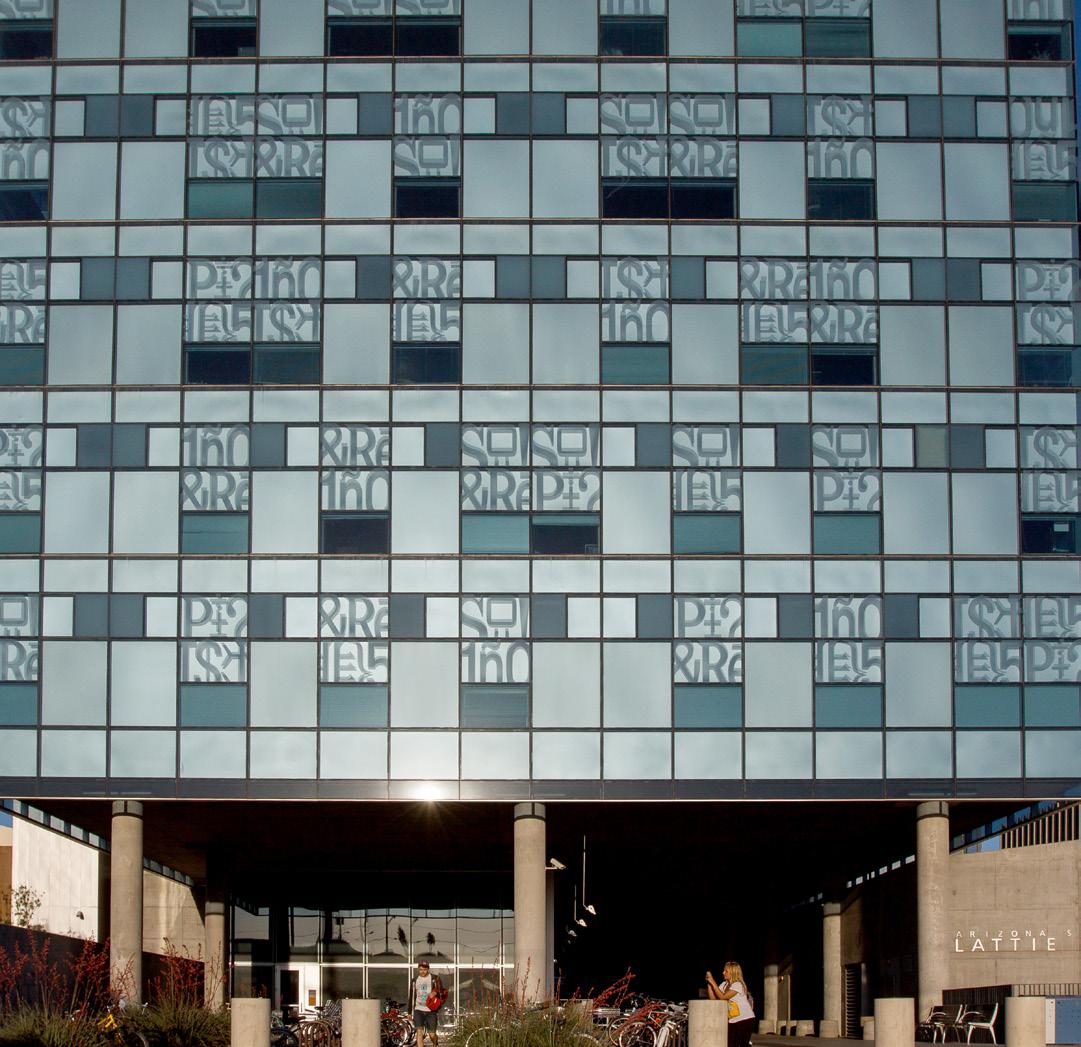
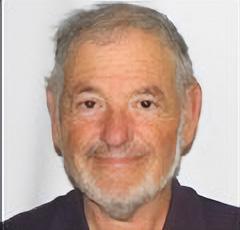
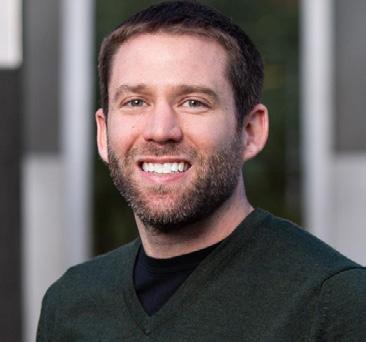
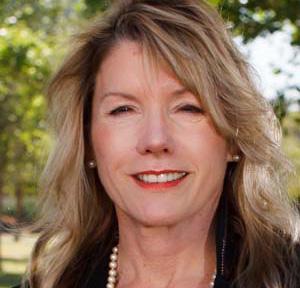
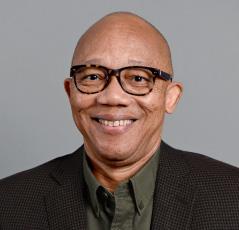
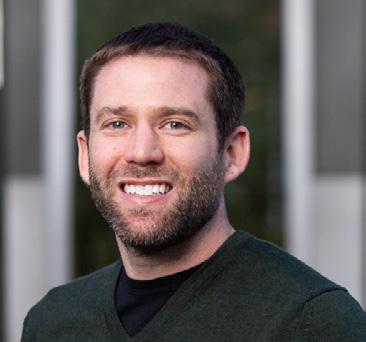
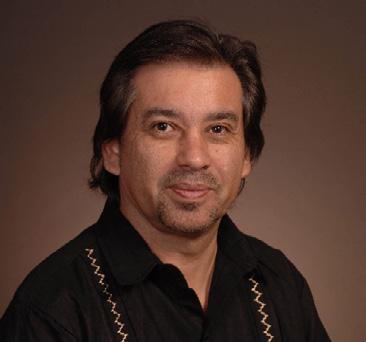
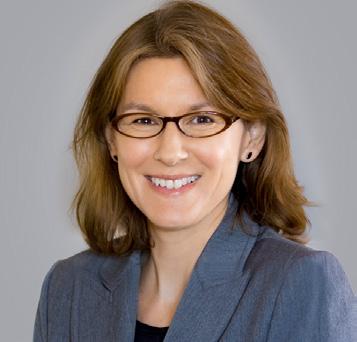
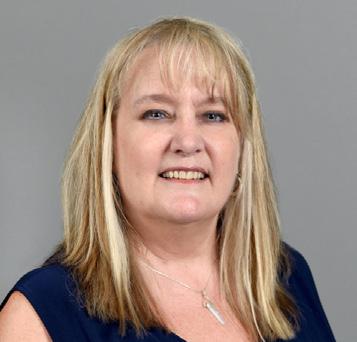
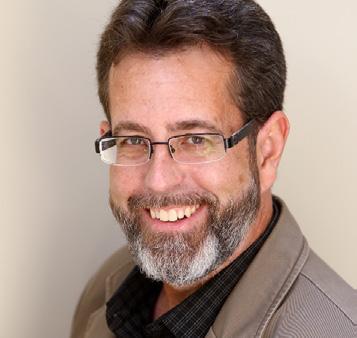
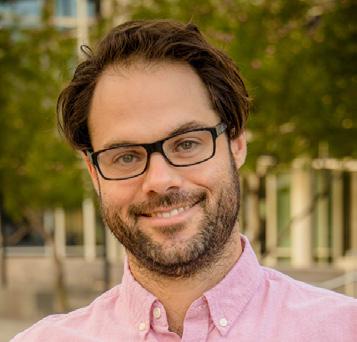
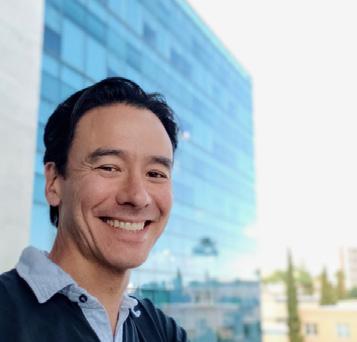

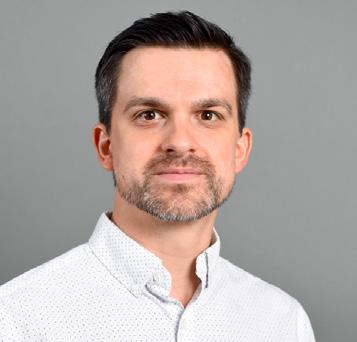
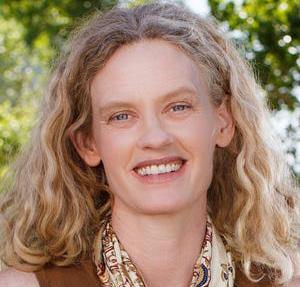
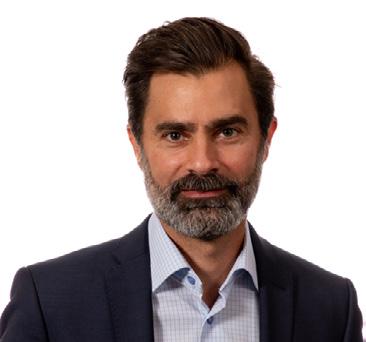
 Richard Amesbury Director
Peter Van Cleave Director of Online Programs
Christopher Jones Associate Director for Graduate Studies
Catherine O’Donnell Faculty Head
Jason Bruner Faculty Head
Joan McGregor Faculty Head Anna CichopekGajraj Associate Head for Undergraduate Studies
Miguel Aguilera Associate Head for Undergraduate Studies
Peter Kung Associate Head for Undergraduate Studies
Douglas Portmore Associate Head for Graduate Studies
Matthew CaseyPariseault Associate Director of Online Programs
Katherine Osburn Associate Director for Undergraduates Studies
Andrew Barnes Personnel Committee Chair
Christopher Jones Associate Head for Graduate Studies
Annual Report 21-22 5 2020–2021 Joel Gereboff Associate Head for Graduate Studies
Richard Amesbury Director
Peter Van Cleave Director of Online Programs
Christopher Jones Associate Director for Graduate Studies
Catherine O’Donnell Faculty Head
Jason Bruner Faculty Head
Joan McGregor Faculty Head Anna CichopekGajraj Associate Head for Undergraduate Studies
Miguel Aguilera Associate Head for Undergraduate Studies
Peter Kung Associate Head for Undergraduate Studies
Douglas Portmore Associate Head for Graduate Studies
Matthew CaseyPariseault Associate Director of Online Programs
Katherine Osburn Associate Director for Undergraduates Studies
Andrew Barnes Personnel Committee Chair
Christopher Jones Associate Head for Graduate Studies
Annual Report 21-22 5 2020–2021 Joel Gereboff Associate Head for Graduate Studies
The School of Historical, Philosophical and Religious Studies acknowledges that is located on the ancestral lands of Indigenous nations. We thank the Native communities of the Salt River Valley, including the Akimel O’odham (Pima) and the Pee Posh (Maricopa) nations who have inhabited this place for centuries, and whose stewardship of the land and waterways allows us to be here today. Recognizing that land acknowledgments alone are not enough, SHPRS is committed to supporting our Native students and community by promoting the learning of Indigenous history, philosophy and religion; creating a learning environment where Native students can succeed and thrive; and collaborating with Indigenous nations in the region to protect Native sovereignty, governance and jurisdiction over their territories.
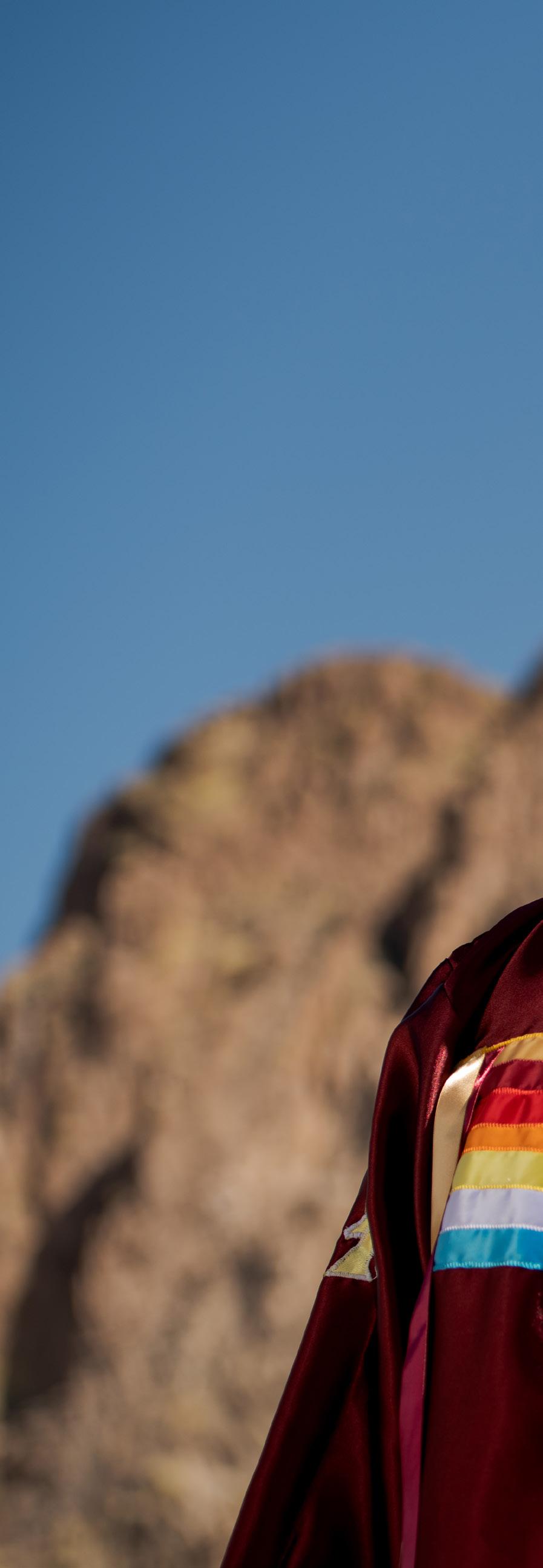
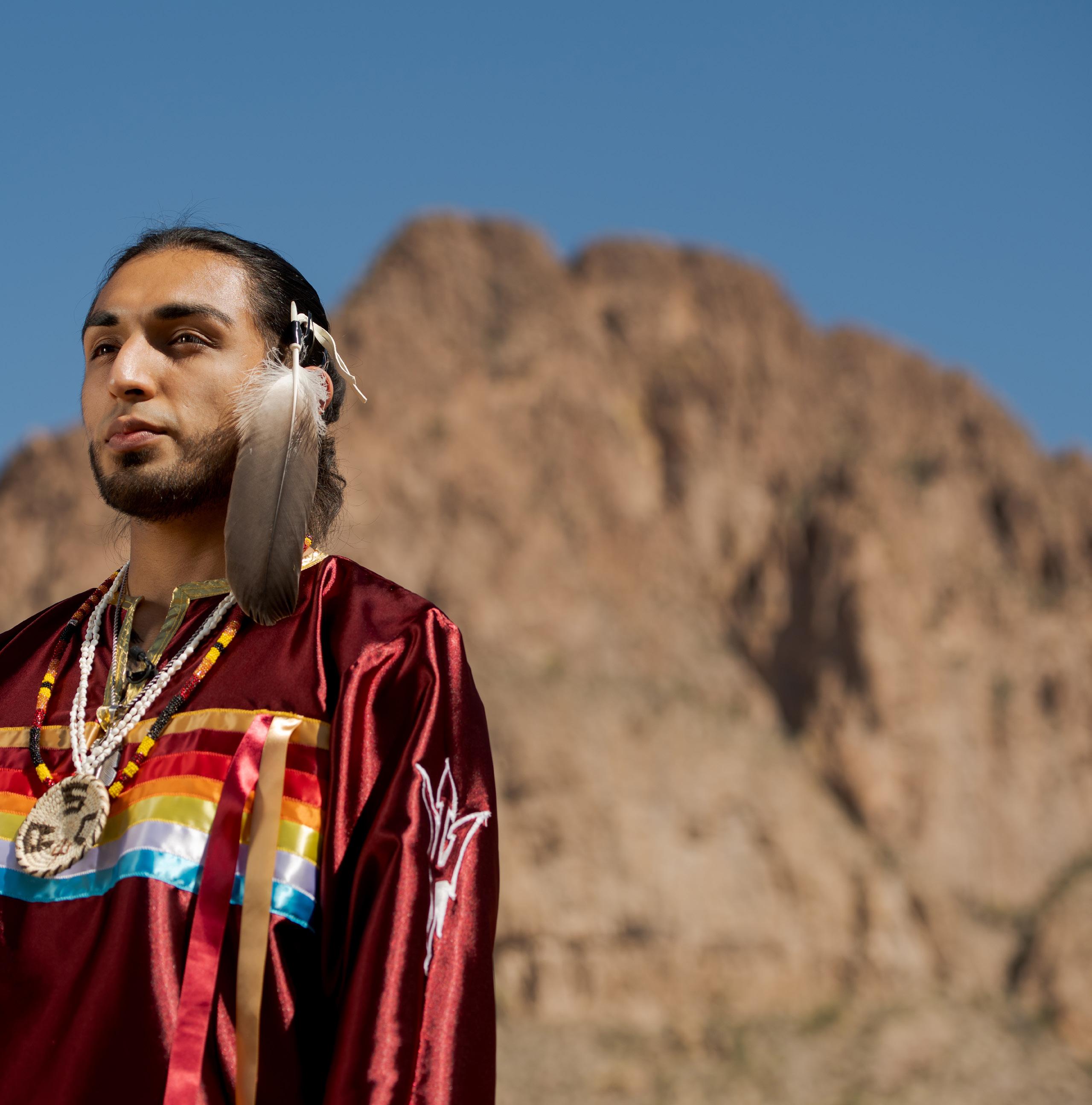

Roxanne Shand 17 years
Alan Shane Dillingham, Assistant Professor History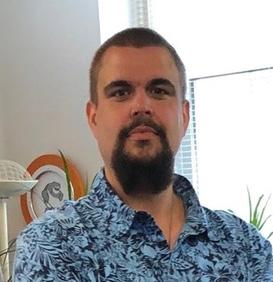
Dillingham earned his PhD in Latin American history from the University of Maryland and researches the historical experiences of Native peoples of the Americas; in particular, he focuses on twentiethcentury Mexico, the intersection of anticolonial politics and educational and development policy, and labor and youthled social movements.
Maruice Crandall Associate Professor History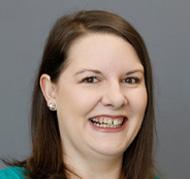
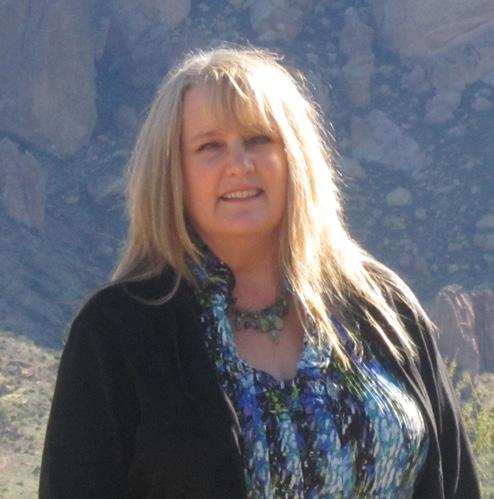

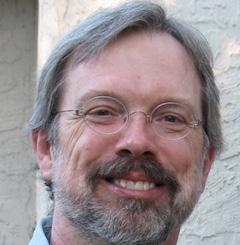
Crandall earned his PhD in history from the University of New Mexico and researches the Indigenous peoples of the U.S.-Mexico Borderlands.
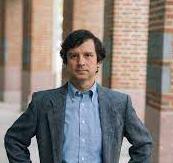 Nathan Ballantyne Associate Professor Philosophy
Nathan Ballantyne Associate Professor Philosophy
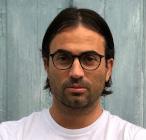

Ballantyne earned his PhD in philosophy from the University of Arizona and researches questions about improving human judgment and inquiry.
Nandita Punj Postdoctoral Scholar Jain StudiesPunj is completing her second PhD at Rutgers University, after having completed her first at the University of Delhi. She researches Jain monastic orders in early medieval western India.
Mónica Espaillat Lizardo Assistant Professor History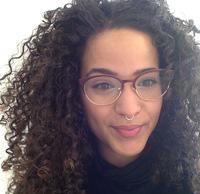
Espaillat Lizardo is completing her PhD in history and sexual diversity studies from the University of Toronto and researches the construction of Dominican citizenship from the Trujillo dictatorship (1930 – 1961) to 2012.
Ashley Tickle Odebiyi Assistant Professor HistoryTickle Odebiyi earned her PhD in history from the University of Alabama and researches the networks that pious laywomen, called bizzoche, created in Rome during the fifteenth century.
Jimmy Licon Lecturer PhilosphyLicon earned his PhD in philosophy from the University of Maryland, College Park and researches issues at the intersection of ethics and epistemology and philosophy, politics and economics (PPE).
Estibalitz Ezkerra Vegas Postdoctoral ScholarACLS fellowEzkerra Vegas earned her PhD in comparative literature from the University of Illinois and researches interdisciplinary, transnational and comparative approaches to the politics of memory, violence and the demand for justice in cultural production in post-conflict territories such as Ireland and the Basque Country.

We welcome new faculty and postdoctoral scholars who join us for the upcoming school year:Brad Armendt 32 years Katherine Osburn 10 years
We say good-bye to faculty and staff who retired:
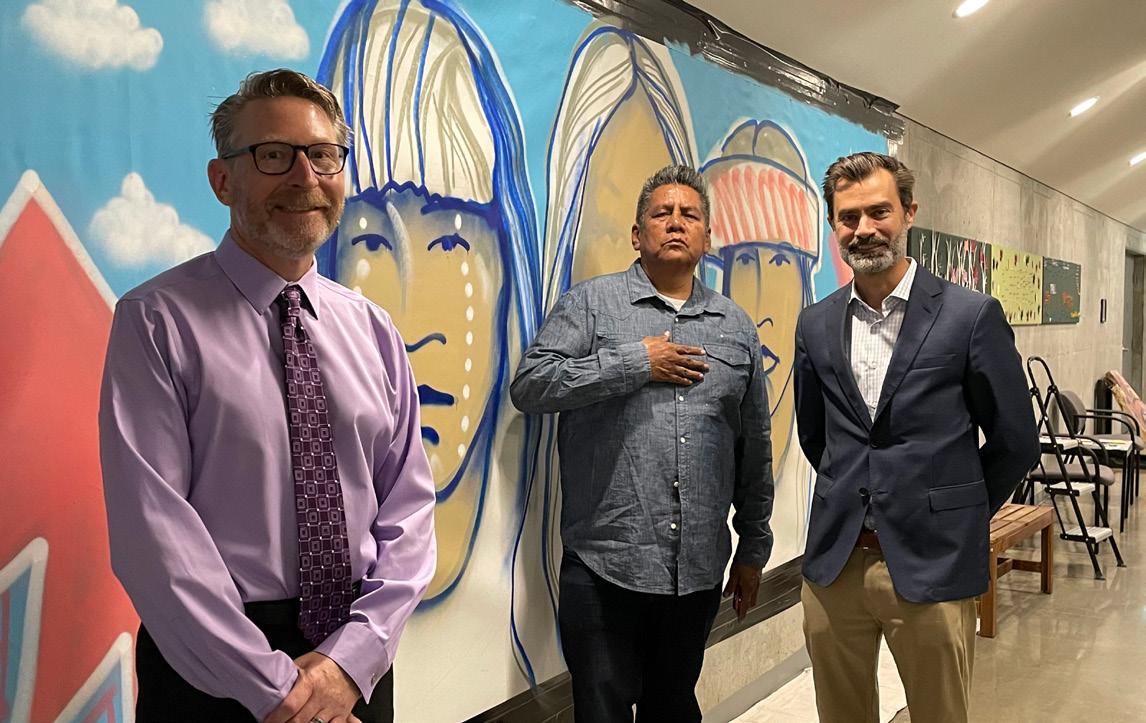


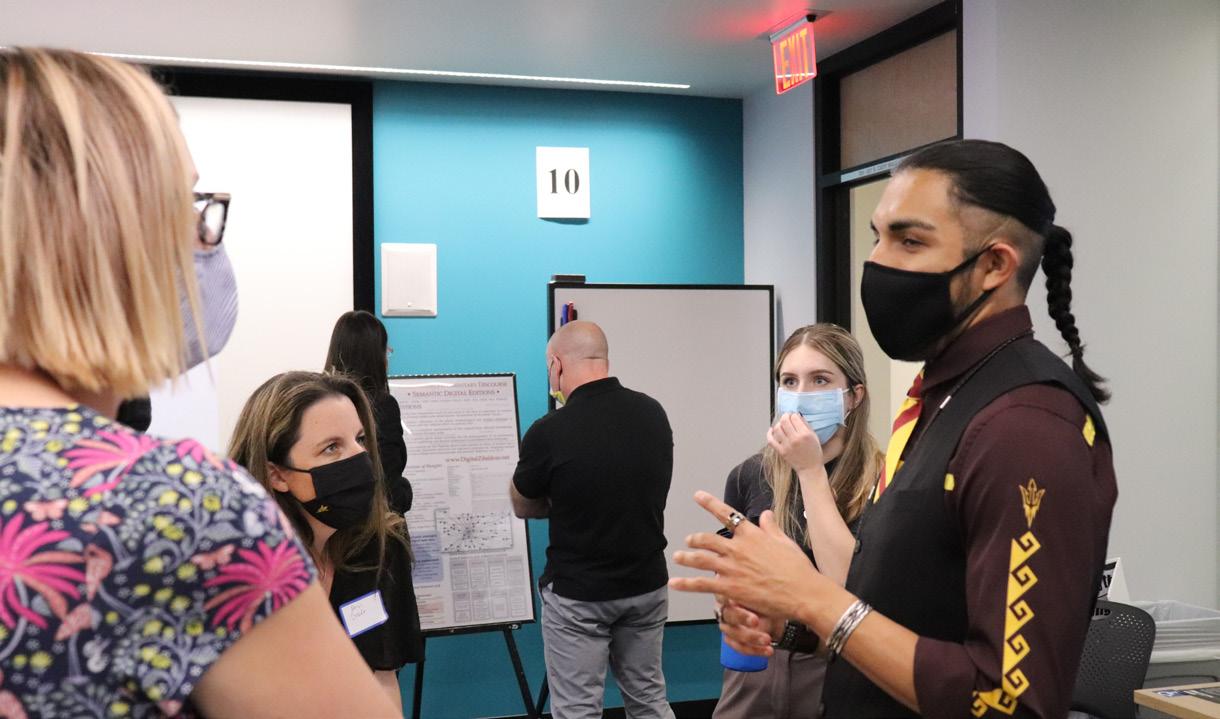

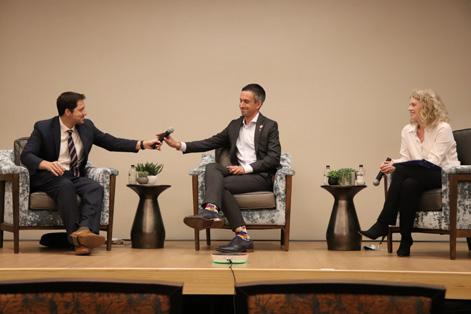
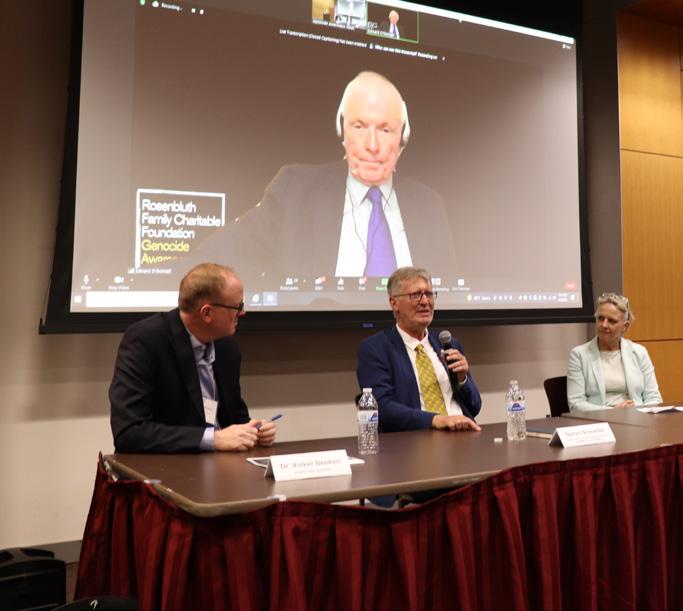
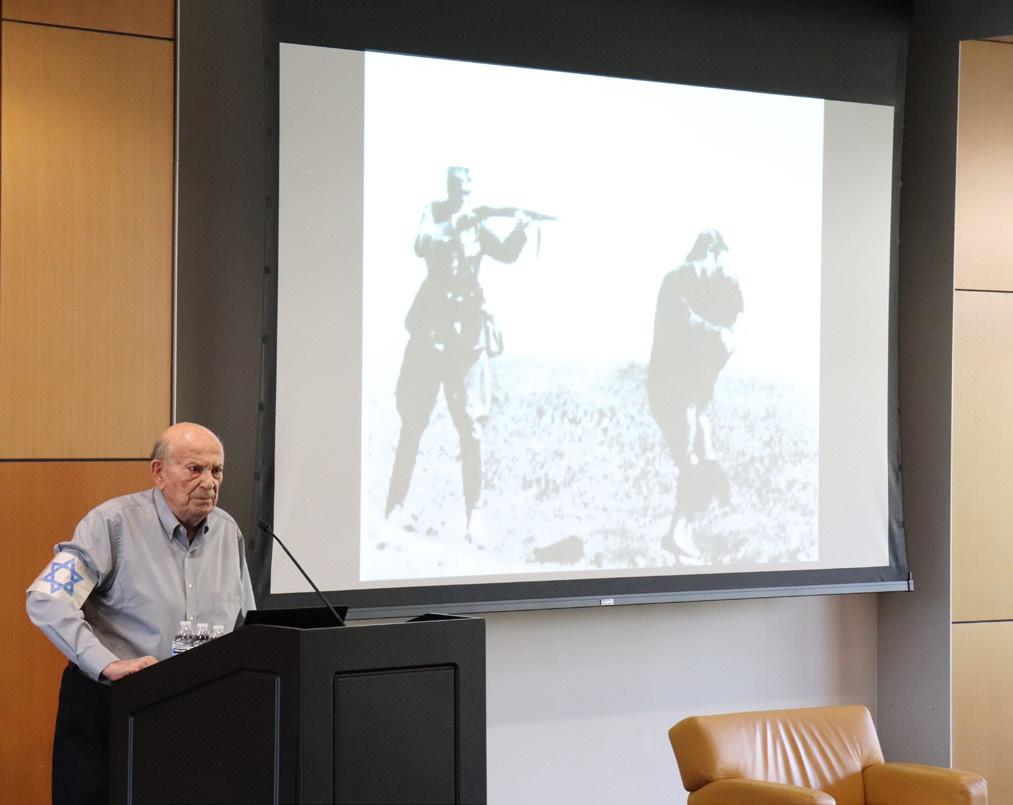
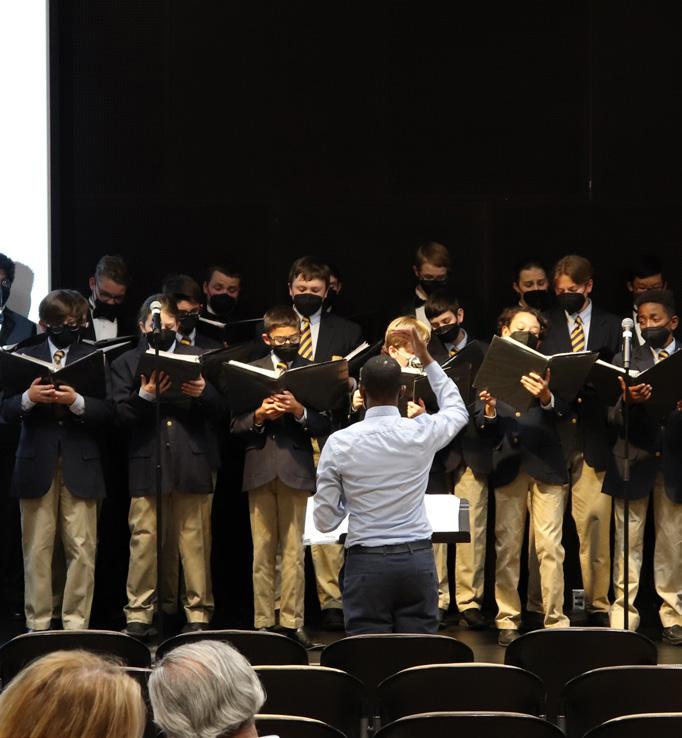
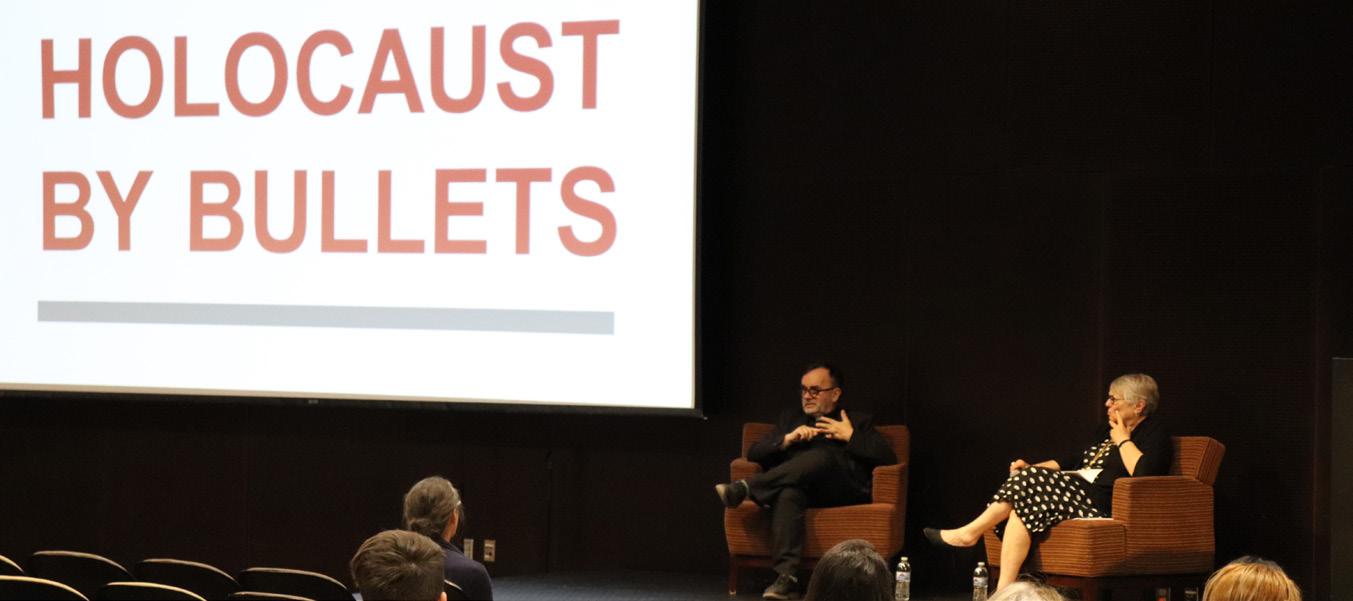
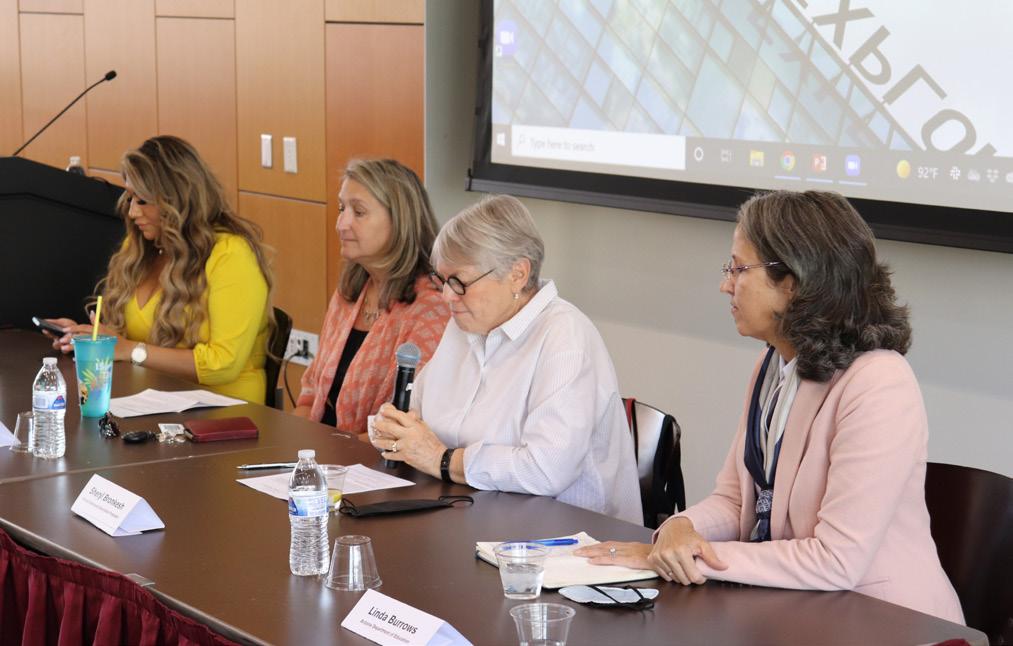

Joshua Herald is a U.S. Navy veteran who joined the U.S. State Department as a foreign service specialist. He had taken a few college courses while he was still in the military and decided to finish his bachelor’s degree in religious studies at ASU while he was serving with the State Department in Pakistan. Herald graduated as the Dean’s Medalist for SHPRS.
Read more
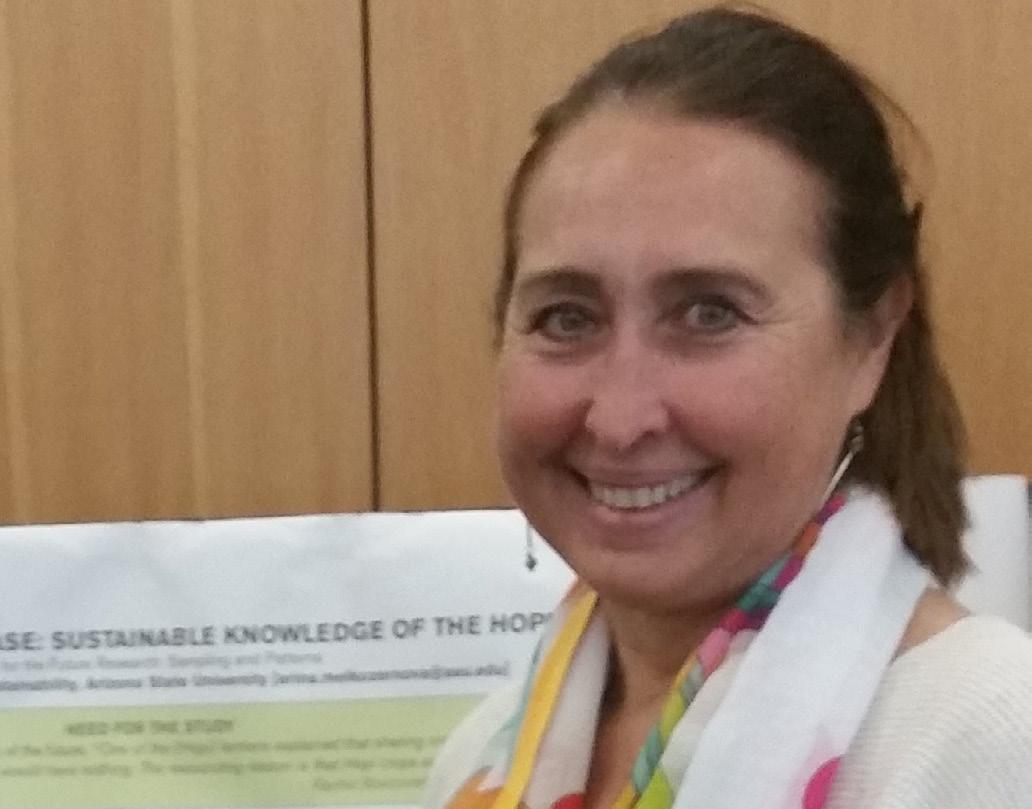
ASU PhD candidate Arina Melkozernova was named the recipient of the 2021 Future Steward Excellence Award from the National Digital Stewardship Alliance in recognition of her work in partnership with several Indigenous communities. Two of the projects Melkozernova contributed to were cited as key to the group’s decision to select her as this year’s award recipient.
Read more
Heidi Toth, an ASU Online undergraduate religious studies student, presented at the 2022 New Mexico-Arizona History Convention in Las Cruces, New Mexico with research she began collecting last semester in a history of genocide course. Read more
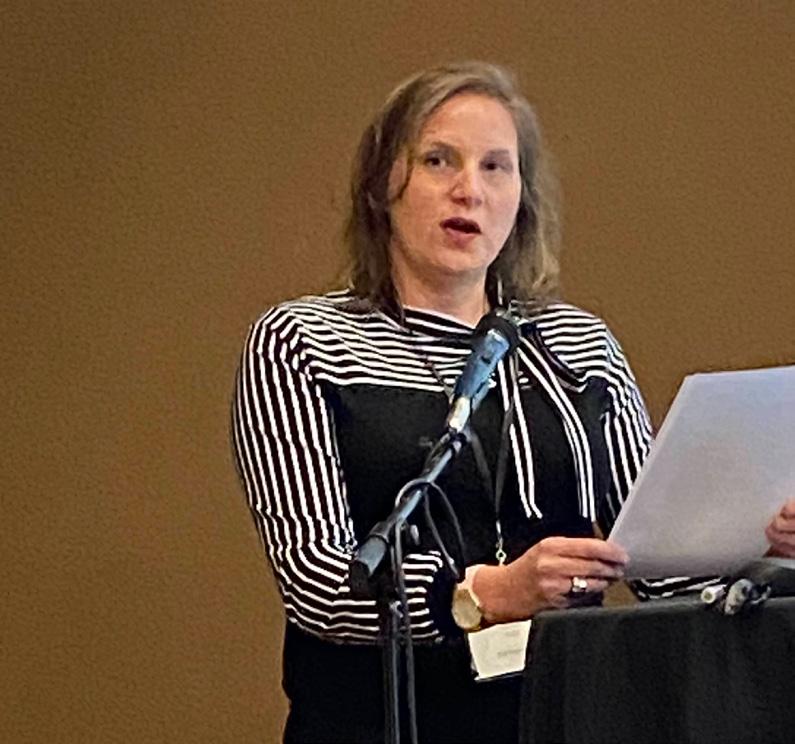


In the fall, The College of Liberal Arts and Sciences launched the Online Undergraduate Research Scholars (OURS) program. Five online students were selected as the first recipients of scholarships through the program, including history student Paris Drake. With the help of the scholarship, she hopes to examine when and why judicial trial by combat ceased to be common practice. In addition to her studies, she enjoys playing the piano, listening to history podcasts and traveling internationally. Read more
Jourdain Ramlau Kinnander, an online history master’s degree student, completed an internship at the Pennsylvania German Cultural Heritage Center, where he helped create a virtual exhibition about “Mountain Mary,” a German-speaking immigrant woman who became a revered folk hero among the Pennsylvania Dutch. Ramlau Kinnnander’s internship was made possible by the Emma Goldman Travel Grant and the Noel J. Stowe Public History Fellowship Endowment from SHPRS. Read more
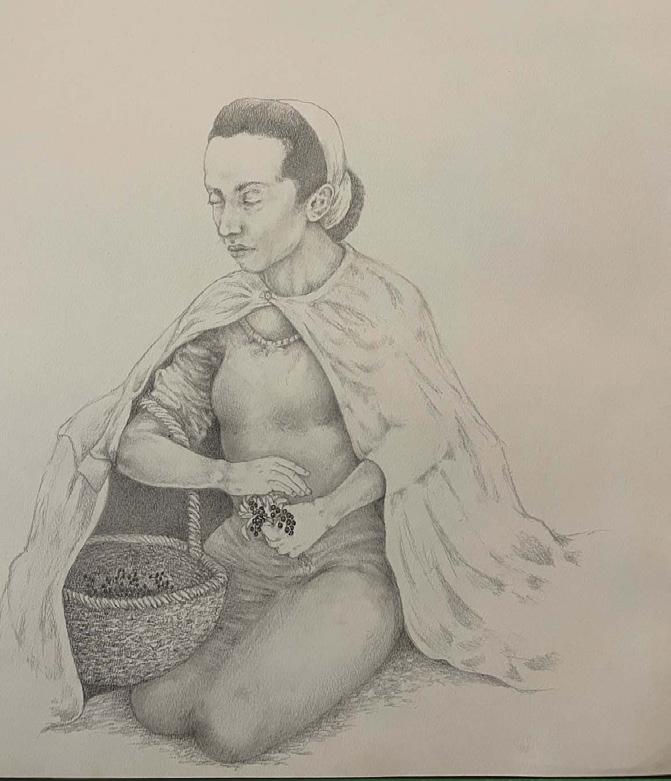
The Lorraine W. Frank Office of National Scholarships Advisement announced that Anusha Natarajan, a thirdyear student in Barrett, The Honors College at Arizona State University, was selected for the Henry Clay Center College Student Congress, a two-week summer program for undergraduates interested in public policy, politics, diplomacy and modern leadership. The program selects just one student per state, so Natarajan, a sociology, history and political science major, will not only represent ASU, but the entire Copper State. Read more
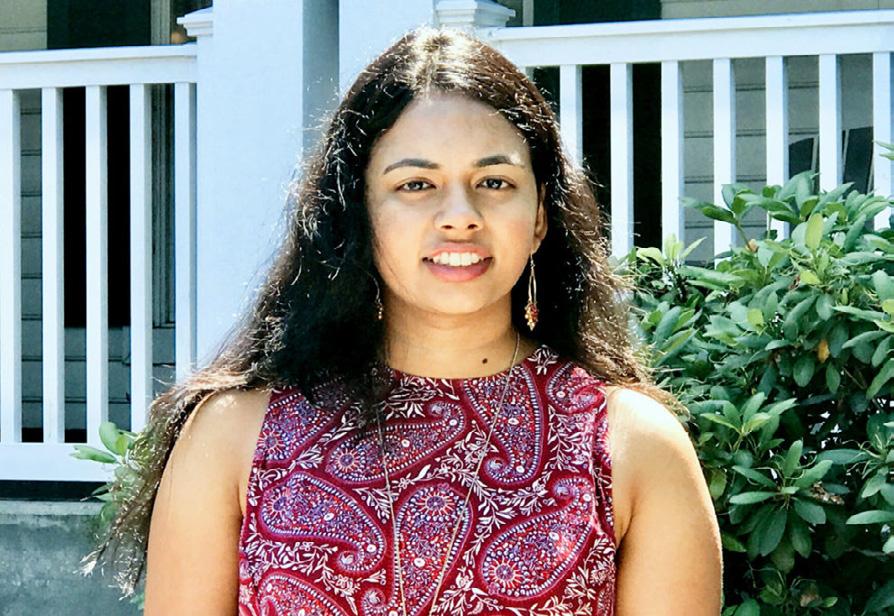

A conference entitled, “Engaging Translation: Questions of Language and Power in Arizona and Beyond,” sponsored by Arizona Humanities and Arizona State University held last fall brought together national and international translation professionals and scholars to discuss the theory and practice of translation and interpretation.
Read more
The Lincoln Center for Applied Ethics

After Russia launched a full-scale invasion of Ukraine, ASU News turned to experts affiliated with the Melikian Center for Russian, Eurasian and East European Studies: Associate Director Irina Levin; Eugene Clay, professor of religious studies in the School of Historical, Philosophical and Religious Studies; postdoctoral scholar Jacob Lassin; and David Merkel, Melikian Center advisory board president and former deputy assistant secretary for European and Eurasian Affairs at the U.S. Department of State. Read more
Director Elizabeth Langland and Associate Director Gaymon Bennett gave insight on the ethicality of facial recognition technology and what this news means for the future of power and privacy on social media after Facebook announced that it will soon shut down facial recognition software on its platforms.
Read more

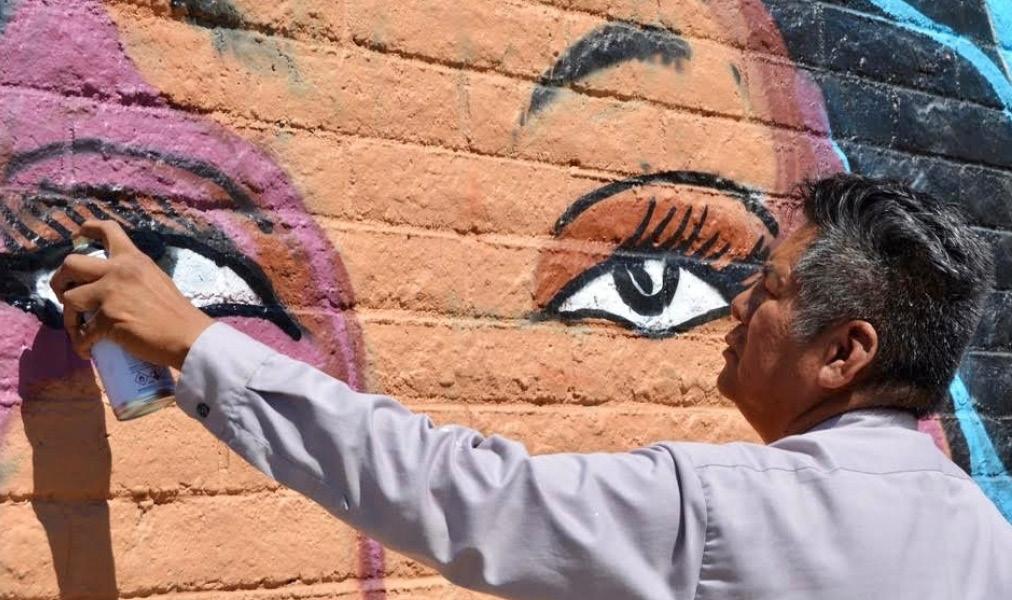
SHPRS hosted San Carlos Apache-Akimel O’odham artist Douglas Miles as the distinguished artistin-residence for the 21-22 school year. Miles’ work centers Indigenous voices as the builders of their own narrative and is the owner and founder of Apache Skateboards. During the inaugural Humanities Week in October, Miles painted a mural on the fourth floor of Coor Hall. Read more
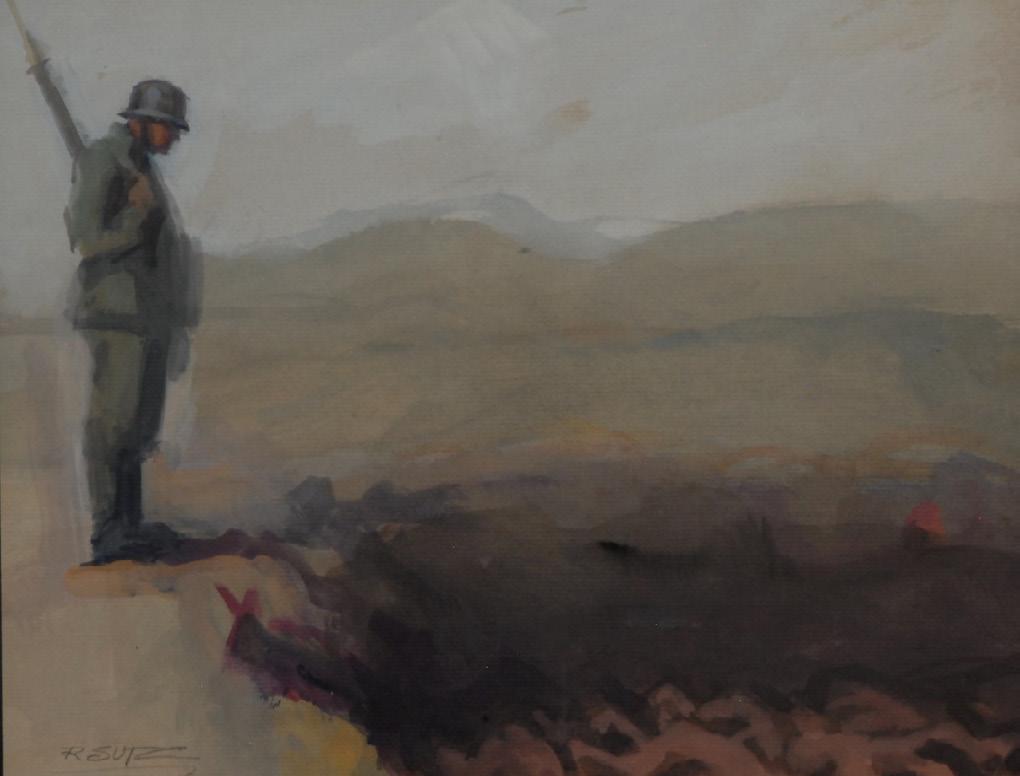
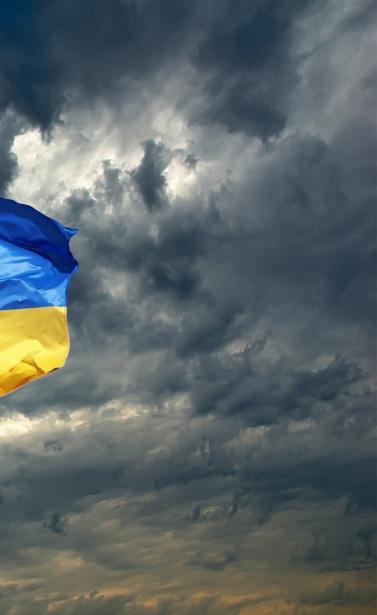
Seventy-five years ago, in the summer of 1946, President Harry Truman signed an executive order to officially terminate the War Relocation Authority which moved Japanese Americans from the West Coast and into involuntary confinement during World War II. Two such confinements, now more widely known as Japanese internment camps, were located in Arizona on the Colorado River and Gila River Indian reservations — against the will of tribal officials. Much of the history that is known about these camps has been lost to poor documentation or lack of interest in the stories of those directly involved until recent years. Now, some faculty members at ASU are diving into this past to see how it can inform us now and in the future. Read more

The 10th annual Rosenbluth Family Charitable Foundation Genocide Awareness Week was hosted at ASU for the first time in April. Genocide Awareness Week is a week-long event seeking to address how our global society confronts violent actions and threats of genocide and related mass atrocity crimes throughout the world. Read more
ASU believes in me and the work I am doing. And what also helped is that it is one less thing to worry about during an already stressful time.”
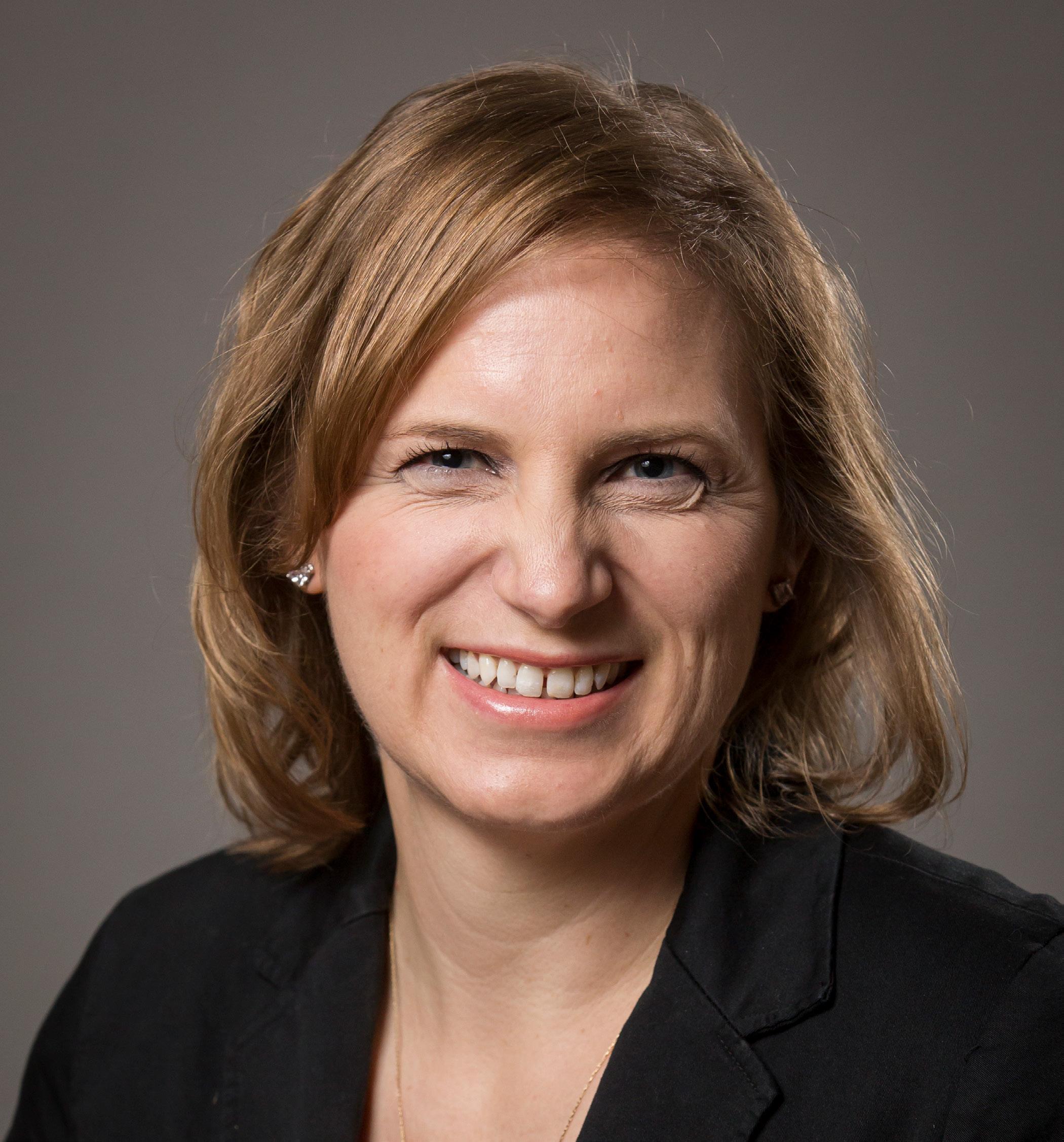
Friends of Religious Studies Scholarship Winner
Click here for more of Heidi’s story.
School of Historical, Philosophical and Religious StudiesTogether, we were able to raise more $133,298 to fund student scholarships, research and academic programming.
We appreciate the support of:
Karen Adams
Cathleen and John Akers
Richard Amesbury
Brad and Frances Armendt
John and Cheryl Arner
United Way of Tucson & Southern AZ
Andrew Barnes
Anne Jones and Volker Benkert Dilip and Suman Bobra Arvind and Praveena Bobra
Linda Brady
Jason Bruner
Rachel Bunning
Samuel Burke
Shannon Burke
Matthew Casey-Pariseault and Carmen Umeres Caceres
Brieuc-Yves Cadat-Lampe
Justin Cappuccilli
Sookja Cho
Agnes Kefeli Clay and John Clay Peter and Kacie Van Cleave Amy and Andrew Cohn
John and Anne Cook
D. Bryce Davis
Yvonne Delgado
Lei Duan
Robert Sato and Astrid Eichner-Sato
Tracy Fessenden
George and Evelyn Fink
Arizona Community Foundation
Thomas and Betty Fournier Fournier Family Charitable Trust Fund
Bright Funds
Vibhuti and Kirit Gosalia Rishi and Sheetal Gosalia
Nyema Guannu Chouki El Hamel
Lauren McArthur Harris and Daren Harris
Elaine and George Heredia
John Kim and Amalia Herrmann
Steven Hilton
Steven J. Hilton Family Donor Advised Fund
Patricia Holcroft
Jill Horohoe
Barbara and William Horrigan
Marcie and Michael Hutchinson
Logan Rhind and Amanda Hutchison
Changing Hands Bookstore, Inc.
Christopher Jones
Malcolm and Ellen Jozoff
Jerry and Diane Kapp Nida Khoutakoun
Peter Kung Julee Landau
Julee Landau Donor Advised Fund
Timothy Langille LaunchDarkly Theodore and Carolyn Lesnett Han Hsien Liew
Peter Schmelz and Julian Lim John and Jane Loll Zona and Thomas Lorig
Brittany Martin Andres Martinez
Hans and Usha Maru
Joy Masoff
Manisha Master
Erica May Joan McGregor
Stephanie Mabee and Eric McLeod
Carrie Montana
Lisa Chung Ja Park Moore
Robert Neal
Michelle Nguyen Randy and Pollyanne Nussbaum Katherine and Michael O’Malley
Lisa Onaga
Sacks Tierney P.A.
Greater Phoenix Center for Jewish Philanthropy Zachary Pirtle Wentao Qin Piya Rajcharoen
Gerald Rosenbluth Family Fund
Alan and Jill Sandler
Richard Gohl and Kathleen Schanus-Gohl
Warren Shaw
Terry Shoemaker
Nancy and Frederick Simonie Marissa Timmerman
Mary Trengove Nancy Tribbensee Becky Tsang Liane Voss
Jeffrey and Johanna Watson
Whether you’re donating a couple dollars or a large sum, your gift is greatly appreciated. Any amount makes a difference for our students, faculty, staff, research and programs. Your charitable contributions enable our school to fuel our commitment to providing relevant education; developing new knowledge, better ideas and workable solutions to a range of challenges; transforming individuals, environments and communities; and putting limitless dreams within reach.. shprs.asu.edu/give
